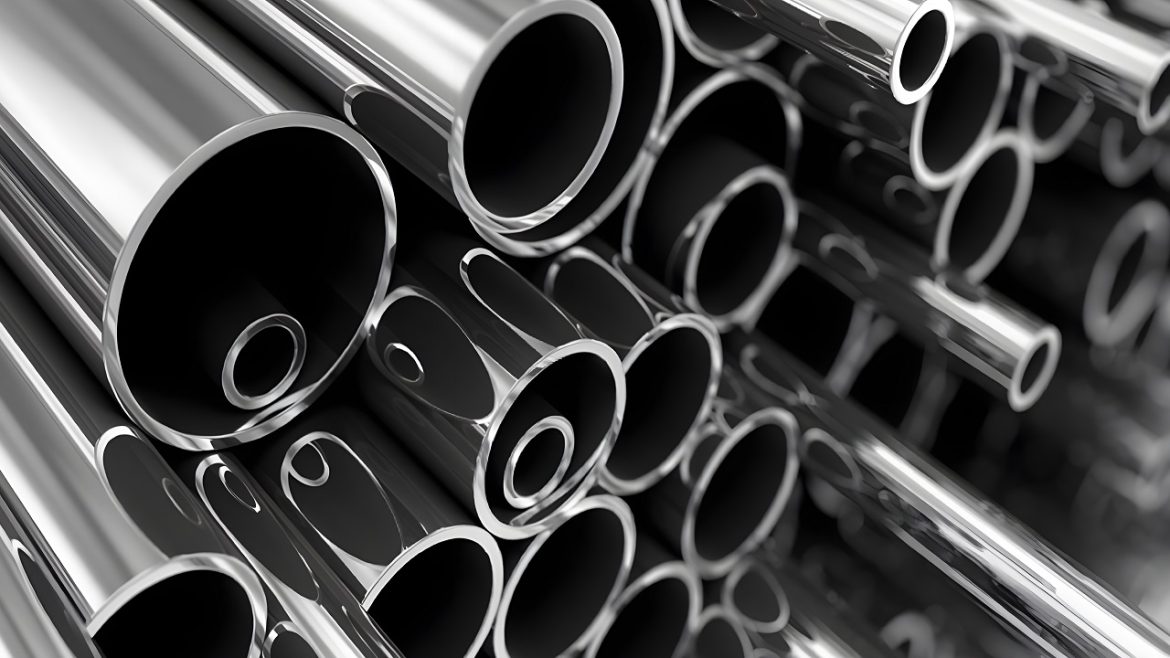Steel pipes play an important role in a wide range of industries, from the construction of essential infrastructure to the transmission of vital resources like energy. International standards have been established to guarantee the quality, dependability, and cross-industry compatibility of these pipes. These guidelines are essential for the production, inspection, and use of steel pipes everywhere. Check out Black Pipe Manufacturer by clicking on the link.
The Importance of International Standards
There are many reasons why international standards are created for the production of steel pipes.
- Materials, production methods, and quality control tests must all adhere to stringent guidelines established by industry standards. This guarantees that the final product will be up to standard.
- Steel pipes can be used in a wide variety of industries around the world. Pipes made in one country can be used without any modifications in construction in another thanks to international standards.
- Pipes that can withstand high pressure and high temperatures are essential in the oil and gas industry, among others, for obvious safety reasons. Safeguarding the security and reliability of these mission-critical programs is the responsibility of international standards.
- To ensure that their products are compatible with the current infrastructure and technologies, manufacturers should follow international standards.
Important Global Regulations for the Production of Steel Pipes
Steel pipe manufacturing standards are established by a number of influential international organizations, including:
- The American Petroleum Institute has developed standards for the petroleum industry that are universally accepted. For instance, API 5L specifies requirements for oil, gas, and water pipelines made of seamless and welded steel pipe.
- The American Society for Testing and Materials (ASTM) has established standards for a wide variety of uses for steel pipes, from household to industrial. Seamless and welded pipe specifications can be found in ASTM A53 and ASTM A106, respectively, while piling pipe specifications can be found in ASTM A252.
- The International Organization for Standardization (ISO) promotes international unity through its standards. For instance, API 5L and ISO 3183 are both standards that define the requirements for pipelines that carry fluids like natural gas, petroleum, and others.
- Steel pipe applications are covered by the extensive EN (European Norms) standards, which are widely used across Europe. Both EN 10219 and EN 10255 specify what should be included in structural pipes and pressure pipes, respectively.
How to Find Your Way Around the Standards Maze
The numerous codes, specifications, and jargon used in international standards make them difficult to grasp. It is crucial to when choosing steel pipes that:
- Determine the Specific Needs of Your Project with regards to Pressure, Temperature, and Corrosion Resistance. You can use this as a map to locate the appropriate norms.
- Collaborate with seasoned experts who know their way around steel pipe production and the relevant regulations. Their advice on which products to buy can be extremely helpful.
- When looking for a supplier of steel pipes, check that their goods meet all applicable regulations. Documentation from tests and approvals can confirm this.
Conclusion
Global industrial development is built on the foundation of internationally agreed upon standards for steel pipe production. They guarantee that the manufactured pipes are of high quality, safety, and compatibility, making them useful in a variety of contexts. Manufacturers and industries can help make global projects safer, more efficient, and more sustainable if they learn about and implement these standards.
